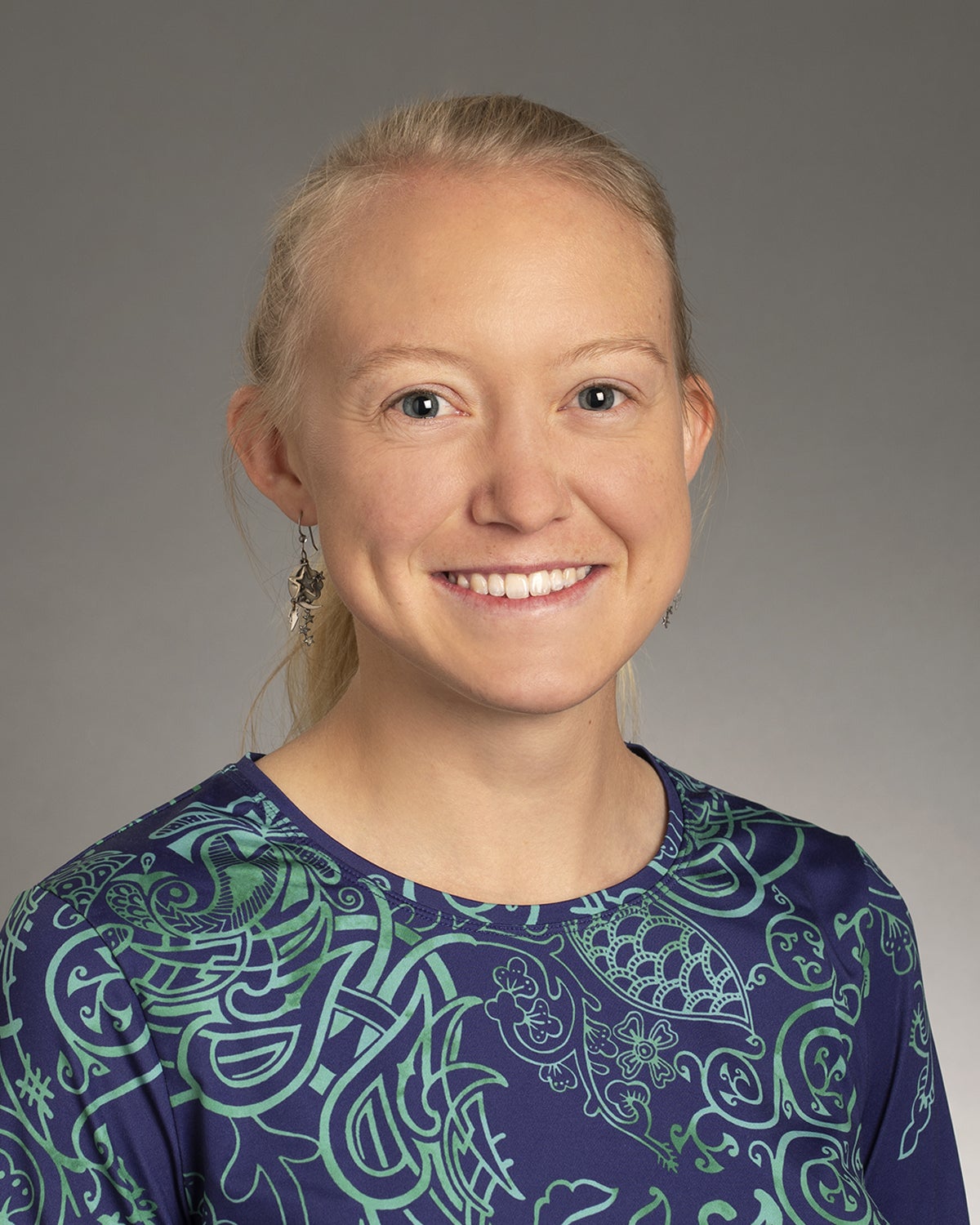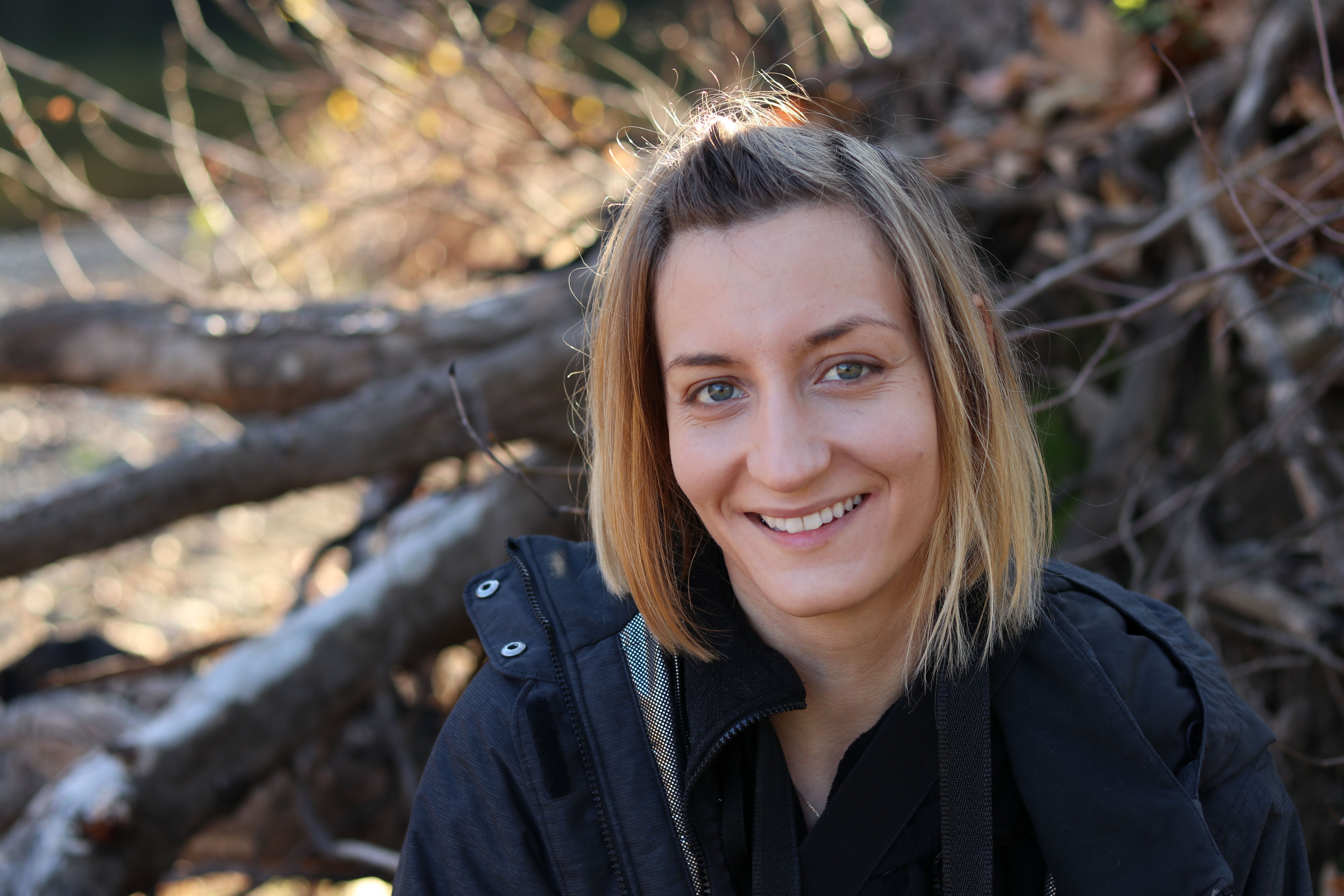The Northwest Climate Adaptation Science Center at the University of Washington has awarded fellowships to Boise State graduate students Clara Buchholtz and Callie Puntenney.
Kelly Hopping, an assistant professor in human-environment systems, is Buchholtz’s and Puntenney’s academic advisor.
“These fellowships will help support their thesis and dissertation research in southern Idaho and help to formalize partnerships that they’ve each formed with the Bureau of Land Management,” said Hopping.
The students’ research, Hopping added, will improve understanding of reducing systems’ vulnerability to climate change while working with Idaho’s diverse stakeholders.

Puntenney has completed her first year in the master’s program in biology. She came to Boise State from Colorado State University, where she received her undergraduate degree in fish, wildlife and conservation biology. She also worked in the Natural Resources Program at Front Range Community College in Colorado.
The fellowship, Puntenney said, will help her co-produce research with the Idaho Bureau of Land Management (BLM) on rangeland management and monitoring in the state. She will study the ecological indicators that ranchers and BLM personnel use to inform their rangeland management, and look for opportunities to collaborate or adapt management practices in changing conditions.
Buchholtz is a doctoral student in Boise State’s ecology, evolution and behavior program. She received her bachelor’s degree from Wellesley College in neuroscience and German language and literature. She received her master’s degree from California State University-Chico in ecology.
“I’m broadly interested in how management strategies can be used to give species and communities a future with climate change,” Buchholtz said.

The fellowship will allow her to partner with botanists from the Bruneau and Owyhee BLM field offices to address a lack of data about motorized recreation in Southwestern Idaho, and the impacts on a rare plant, Mulford’s milkvetch, that grows only in that region.
The milkvetch research grew out of an ecology lab module Buchholtz developed for undergraduate students at Boise State.
Students used satellite imagery to digitize unofficial motorized trails in a local area of critical environmental concern, and measured how trail density changed over time.
“The data the students generated, as well as interest expressed by local stakeholders, inspired me to expand this work into a formal research project,” said Buchholtz.
Puntenney and Buchholtz are two of 13 recipients of the Northwest Climate Adaptation Science Center fellowship this year.